by Nicholas Figueroa
The death of George Floyd Has sparked brutal riots and protests all over America. The scale of the current fight for the end to racial injustice and the perpetuation of institutionalized racism, has been likened to the Civil rights era. However, America is not the only place in the world that was affected by the murder of one of its citizens.
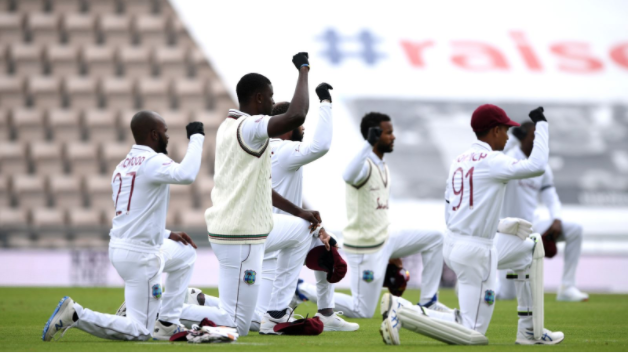
. 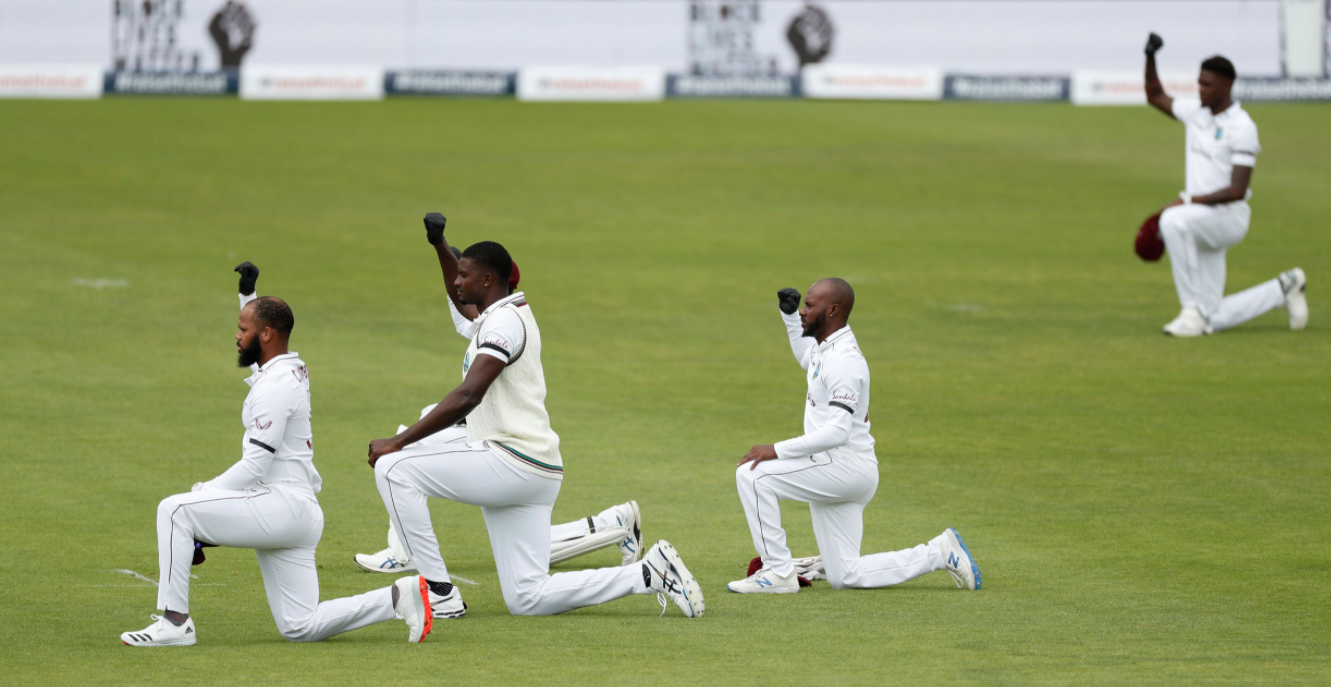
Worldwide George Floyd is a name that is recognized. He has become a symbol of racial injustice worldwide. As a result of his death changes are coming to the world. Some of them have already been the removed.
Barbados is one island in the Caribbean that has taken the George Floyd atrocity and used it to try and advance the position of blacks in Barbados. A change .org petition that recently launched to remove the statue of Admiral Lord Horatio Nelson that stands in the Heroes square of Barbados.
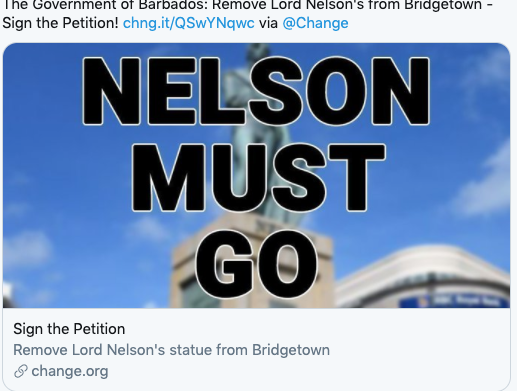
The petition that has 11000 signatures at the time of this article publishing included an open letter to the Prime minister the Honorable Mia Mottely about this issue.
Although the classism and racism in the Caribbean is shown differently from the type of racism found on mainland America, it still exists. As mentioned in the article, The Fight Against Racial Injustice Is A Caribbean Fight Too by Melissa Noel in the July 17th issue of essence.com, the “oneness of the Caribbean people often overshadows racism.”
However racism can be heard and seen from many races in the Virgin Islands. Whether it is a white person trying to bring race into an argument or a black man publicly announcing he doesn’t t trust “dem white devils” the remnants of the past are still visible in the present.
There is an almost unnoticeable resentment or distrust of white people in the Caribbean. Alex Downes a Barbadian stated, “You know it blows my mind because you have a guy who, by all accounts, was against the abolition of slavery and yet you have him in National Heroes Square.” This is indicative of the remnants of the dark past of the Caribbean.
This past is sometimes still idolized and romanticized by statues and monuments to those who not only participated in the heinous chain of human right violations known as slavery, but actively fought against its abolition.
Jamaica also suffers from racism in their government. The Jamaicans of darker pigment are harassed by the Jamaican police. In Trinidad and Tobago, it is reported that the lighter skinned people get greater access and privileges.
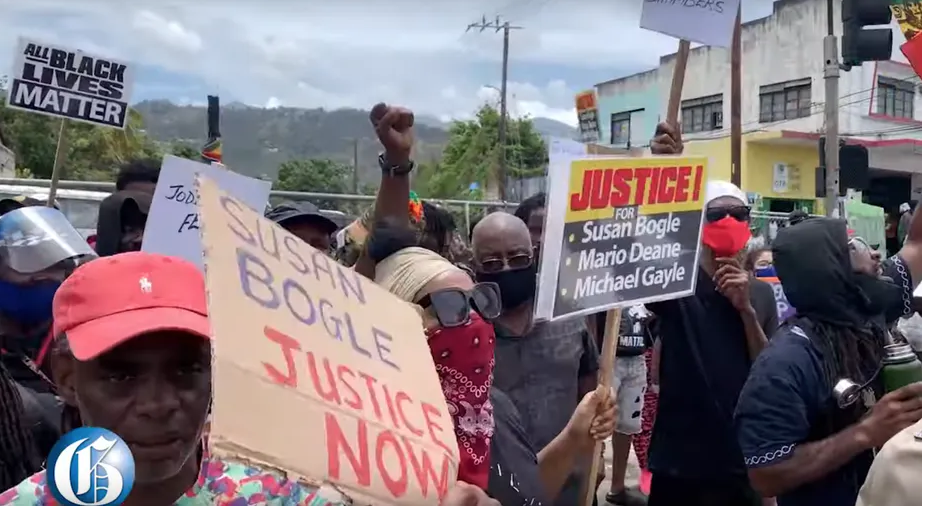
One business even severed relations with a local pharmacy chain because a manager defended racism and implied that blacks are thieves and violent. As a black small business owner Goddard did not want to work with a company that allowed people with such dated mentalities to represent them. She claims “I think every action we take contributes to a culture.” “I took a stance that is not common in Trinidad & Tobago, but part of a lot of activity of change.” Stories like hers are the kind that contribute to the ongoing global racial conflict.
Marlon Joseph from St Vincent remarked “The George Floyd incident has really become a water shed moment,” he said. “We have a moral obligation to our brothers and our sisters because we can understand that these are struggles that we’ve fought, and we are fighting in many different ways.” This is a man who founded a company for the purpose of fighting injustice. Alongside his group Solidarity SVG he feels that now it the time for organizations like his to show support of the global BlackLives Matter movement.
Another Prominent member of society speaking out is congresswoman Yvette Clarke in Brooklyn. As the daughter of Jamaican immigrants, she has a unique perspective. As a congresswoman she now has a power that her parents didn’t.She can speak out against matters, such as Caribbean anti- immigration laws, from a position of power.
In the past the Caribbean played a role in the liberation of blacks. As a matter of fact, 1733 was the year of a major slave revolt in St John that, in essence, created the first black state in the “new world”.
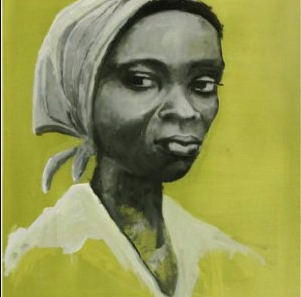
On the island of St. John many were shocked and mortified to discover that Breffu, an enslaved female from the country now know as Ghana, singlehandedly led one of the most extended rebellions in the New World. Breffu is popularly called the ‘Queen of St John.’
Many other such revolts took place in the USVI and the broader West Indies. The issues presented by racial inequality affect not only those who exist in areas of concentrated racism.
These social issues affect the broader global community of Blacks. The West indies and Caribbean as a whole are no exceptions.
Despite being majority minority, the islands still suffer from the effects of racism.
Despite being majority minority, the islands still suffer from the effects of racism. The region of the Caribbean cannot ever expect to actually express and live the ‘togetherness’ that is so valuable to us until racial inequality and discrimination are issues of the past.
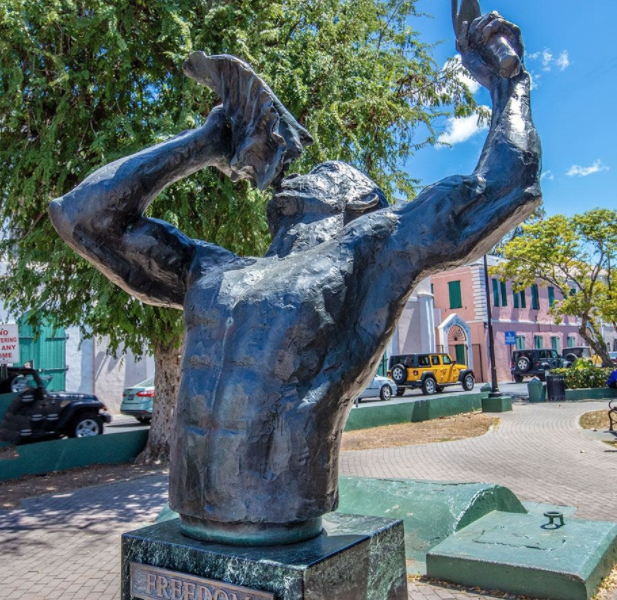


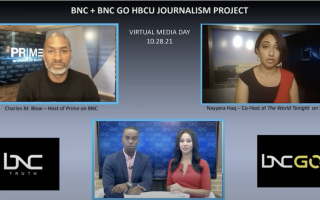
Very informative. Nicely written.
Injustices against the black race has been perpetual from slavery, and could perhaps predate that era. Unfortunately, these inequities were not abolished with slavery, and is still prevalent throughout the world. In some countries, take the Caribbean for example, racism is a word that people are familiar with; but I sometimes question whether there is a clear understanding of the term. Could it be that people are of the belief that they are exempt from the hate it represents, because the predominant populous is of African origin? We’re existing in a period where migration is popular, and mass communication is depended upon. As can be seen, no matter the shade of black, or privileged background, we are treated one of the same. As such, this fight is very much our own as it is for black America, and we must stand in solidarity to bring about the needed change in our communities, and around the world.